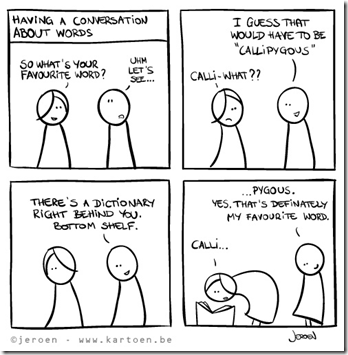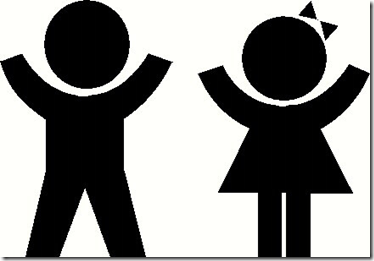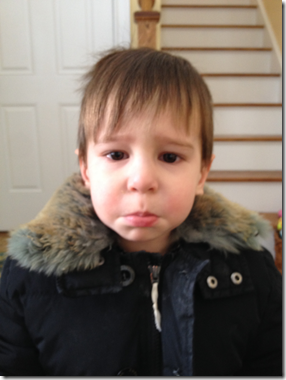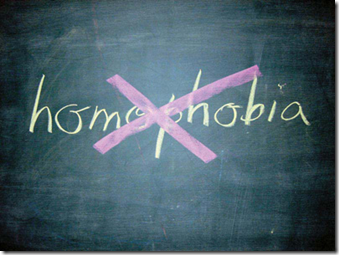There is no female counterpart to the word “guys,” and that is a tragedy.
/One of college supervisors’ favorite critiques of student-teachers is their use of the word “guys” when addressing the entire class, claiming that the word is gender specific and therefore inappropriate.
This critique is made for two reasons:
- College supervisors, in my experience, have very little to say that is critical of a student-teacher’s performance. They tend to heap an inordinate amount of praise upon student-teachers while rarely correcting anything that wasn’t written on paper prior to the lesson. I have yet to understand the rationale behind this culture of incessant praise, but it doesn’t make anyone a better teacher. So targeting the use of the word “guys” is a simple, non-threatening, and nearly universal form of criticism that supervisors can make without any actual critical analysis of the lesson or the student-teacher’s performance.
- As gender specific as “guys” may technically be, these college supervisors apparently spend no time with actual kids, who use the word “guys” in a non-gender way throughout the entire school day. Girls refer to other girls as “guys” all the time. Boys refer to girls as “guys.” Girls refer to boys as “guys.” Even my wife refers to her girlfriends as “guys.” It’s a word that is gender specific in definition only.
But here’s the real problem:
There is no decent female counterpart to “guys.”
“Guys” is a great word. It serves a necessary purpose and does so with skill and aplomb. It denotes a group of people. By definition, this group should be males only, but this is rarely the case, because the feminine alternatives of this word are nonexistent.
And please don’t say “gals.” It’s no good. Use this word in almost any context and you’ll sound like an idiot.
If you live in the South, you have the option of “y’all,” which I actually like a lot, but again, if you use it outside the South, you sound like an idiot.
I’ve heard people use the word “ladies” as an alternative, but “ladies” lacks the casual ease of “guys.” “Ladies” is like a pretentious brunch. “Guys” is a like a burger and fries.
And besides, there is a masculine counterpart to “ladies,” therefore maintaining “guys” singular status.
So when I am working with a student-teacher, my solution to the “guys” issue is simple:
I make sure that I use the word in the presence of the college supervisor before my student-teacher does. This will either afford my student-teacher permission to use the word (if the teacher is modeling the use of the word, how can I fault her?), or it will cause the college supervisor to engage in a discussion about the use of the word, which is always highly entertaining.
What’s the word for this feeling?
/The Germans have a word for everything (schadenfreude is one of my favorites), so what is the German word for the sadness that suddenly befalls a child when he realizes that it’s time to leave his friend’s house and return home to his thousands of plain old toys.
I use the word “bigot” instead of “homophobic.” You should, too. Here’s why.
/A reader noted my tendency to use the words bigot and bigotry in lieu of homophobia or homophobic when describing an idiot who is prejudiced against or hates homosexuals. Observant reader. This is actually a purposeful choice.
A phobia is “an extreme or irrational fear or aversion to something.” When attached to another word or word segment, the fear or aversion is made clear.
Hydrophobia is the fear of water.
Claustrophobia is the fear of enclosed spaces.
Arachnophobia is the fear of spiders.
I have always rejected the use of the word homophobic to indicate an individual who hates homosexuality because it’s inaccurate and in some ways lets those individuals off the hook for their hatred. It implies that their feelings about homosexuals are based more in fear than stupidity and cruelty, and it’s easier to understand or even forgive fear.
I can’t accept this. There is no understanding (and certainly no forgiveness) of a person who hates another based upon their sexual preference.
Also note that none of the other words used to describe hatred make use of the word phobia.
A person who is prejudiced against or hates someone of a different race is a racist. Not a racaphobe.
A person who is prejudiced against or hates a person of the opposite sex is a sexist. Not a sexophobe.
A person who is prejudiced against or hates a Jewish person is an anti-Semite. Not a Jewophobe.
Therefore, a person who is prejudiced against or hates homosexuals should not be a homophobe. And since the word homoist does not exist, I opt for the more universal bigot instead.
It’s a mean word. I like that.
In truth, there is no real word for a person who hates homosexuals, and I think that says a lot about the struggle that homosexuals have faced in attempting to gain political and cultural acceptance over time.
Even Webster’s fails miserably in its definition. The definition of homophobia is “irrational fear of, aversion to, or discrimination against homosexuality or homosexuals.”
Note that fear and aversion are listed first in the definition, ahead of discrimination (which still does not imply hatred or even dislike), and the word hatred or even a suggestion to hatred does not appear at all in the definition.
Compare this to the definition of racism:
a belief that race is the primary determinant of human traits and capacities and that racial differences produce an inherent superiority of a particular race.
One definition describes a person who is possibly afraid of or dislikes homosexuals or treats them unfairly.
The other describes Hitler and the basis of the Nazi party.
Can you see why the word homophobic just doesn’t cut it for me?



